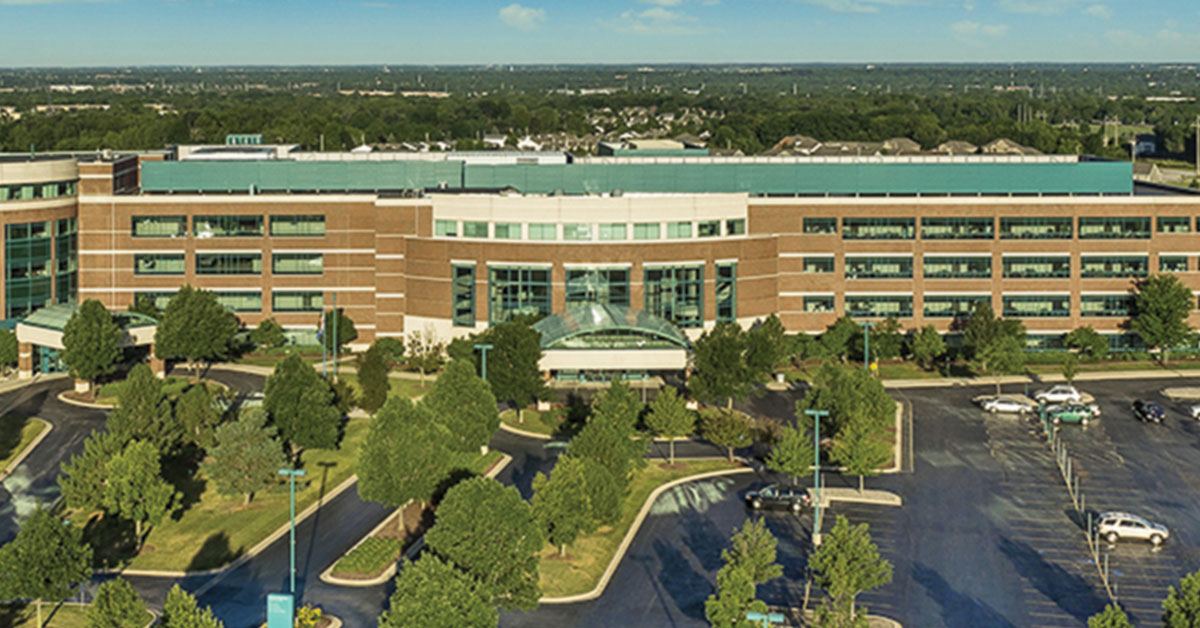Interventional Radiology
Radiology
BayCare Clinic interventional radiologists are board-certified physicians who specialize in minimally invasive, targeted treatments.
These radiologists do more than diagnose disease. They help treat it.
In many cases interventional radiology procedures can reduce the need for large, open surgeries. This poses less risk to the patient and typically decreases hospitalization time.
Interventional Radiology providers see patients in clinic by appointment or referral at Aurora BayCare Medical Center in Green Bay. To schedule an appointment or to refer a patient, please call 920-288-4848 . You can also request an appointment online.
Targeted Treatment
Interventional radiology procedures usually require only a tiny incision and often does not require general anesthesia. The interventional radiologist uses medical imaging, including x-ray and MRI, to guide catheters, needles, stents and other devices into the body, often through an artery. These tools are used to freeze or burn tumors, break up blood clots, and treat back and joint pain.
Interventional radiology can treat a wide range of conditions, from vascular disease to cancer, spinal problems, and pain management.
Better Outcomes
Interventional radiology provides a more comfortable treatment experience and provides better patient outcomes.
When compared to open surgery, the benefits of interventional radiology include:
- Less pain
- Less risk of infection
- Shorter recovery time
- Lower medical costs
Interventional radiologists are board-certified physicians. They offer the greatest knowledge of minimally invasive treatment options, combined with clinical expertise across all healthcare specialties.
Health Care Innovators
Interventional radiologists invented angioplasty and the catheter-delivered stent used to treat peripheral artery disease. As such, they are considered the pioneers of modern, minimally invasive medicine.
Thanks to these advancements, conditions that once required open surgery can now be treated with minimally invasive methods. Today, interventional radiology treatments are considered first-line care for a wide variety of conditions.
These interventional radiologists continue to innovate, constantly developing new ways to deliver treatments and effective therapies. The field's latest innovations include advances in peripheral arterial disease; multiple sclerosis; carotid stenting; and liver, prostate, colon, soft tissue and breast cancers.
